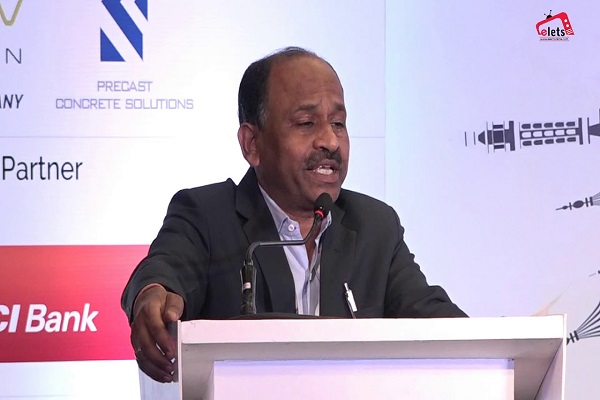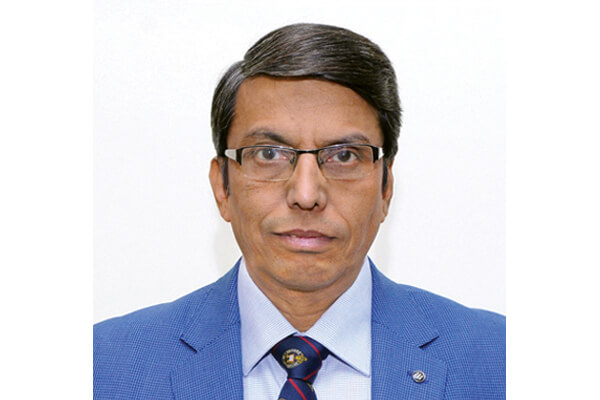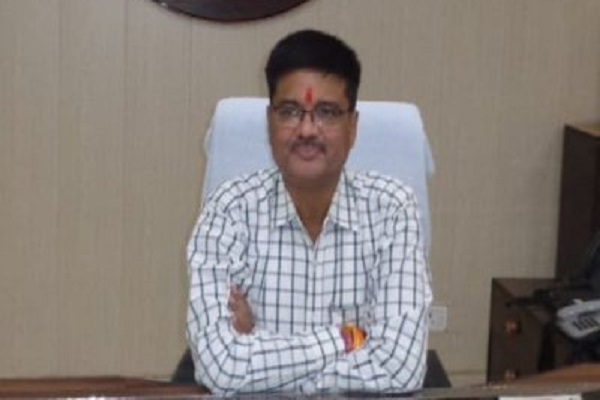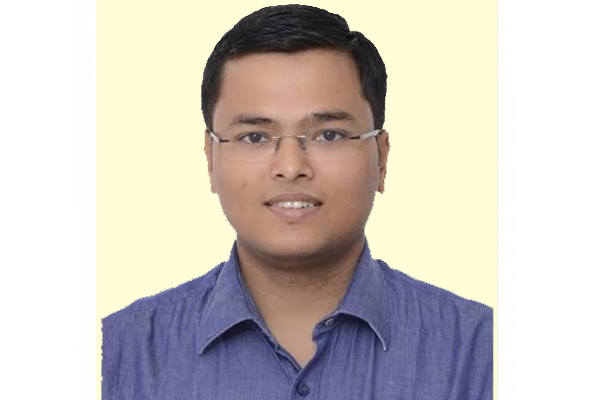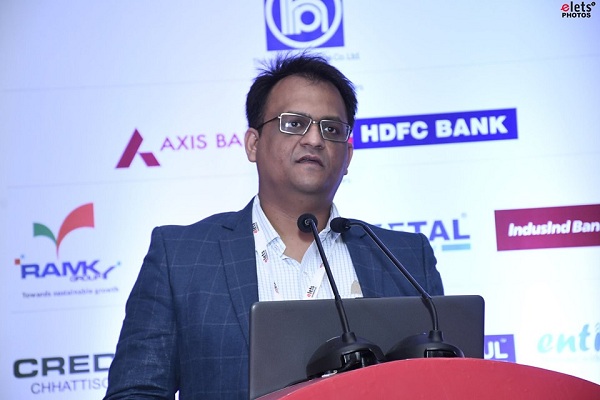
COVID-19, popularly known as Coronavirus, is probably one of the worst crisis that has caused great damage to human lives as well as the socio-economic sphere. The pandemic has posed as a major challenge for the Governments at all levels. Shiv Anant Tayal, District Collector, Bemetara, Chhattisgarh, in a webinar hosted by Dr Ravi Gupta, Founder and CEO, Elets Technomedia, discussed on the Government’s strategy to fight against COVID-19: Effective implementation by the District Administration.
Tayal began the session with good news informing that there are no positive cases of COVID-19 in Bemetara district of Chhattisgarh as of yet. People, in the district, have been very cooperative in following the lockdown norms, practising social distancing, and using preventive measures like masks and more, he added.
Talking on lockdown norms, Tayal said, “We have placed strict checkpoints on inter-state highway, as Bemetara is in not very far from Madhya Pradesh, that are vigilant about the inter-state movement of vehicles or people. These are placed to ensure the lockdown norms are being taken care of.”

When asked about how the authorities are ensuring the prevention of COVID-19 spread, Tayal said that the authorities have categorised people in different categories like the ones which have travel history. In such a case people were tested and asked to quarantine. Those who were found to have contact history were also tested and quarantined. Those who were suspected cases were kept in isolation wards under medical supervision.

Tayal also mentioned that the district has enough healthcare facilities to cater to in case COVID-19 cases surface.
Status of daily waged workers in the district amidst the lockdown
When asked about the status of daily waged workers during the lockdown period, Tayal said that the Government and the local authorities are doing the maximum they can to cater to the needs of the daily waged workers who have been badly hit by the atrocity.
Elaborating on the measures taken by the civic authorities and the State Government to provide assistance to the labourers, Tayal said there are three categories in which we have segregated the workers. Those who are working in other States, the Government is paying Rs 500 on a weekly basis to each worker through Direct Benefit Transfer (DBT). The move by the State has received appreciation from the Centre as around 3.5 lakh people have benefitted put of it as of yet. The second category of workers are those who are registered with the labour departments in the state. For such workers, financial assistance is being provided through the funds given from the Centre. And, the third category of the workers are those under MNREGA scheme who receive benefit through the scheme which is aided by the Central Government, added Tayal.
Moreover, he said, “We have acquired local dharmsalas, inns, buildings to house people, especially migrant labourers who are either stranded or have no shelter.” Further, it also being ensured by the authorities that people in need get meals three times a day. “We are working tirelessly to provide adequate food to everyone and public has been very supportive in helping the authorities for providing food and distributing it as well”, he added.
Effect of COVID-19 on Agriculture sector
Addressing the webinar on the Agriculture sector, Tayal started off by saying that Bemetara is an agriculture prominent district and good produce of grains, vegetables and fruits are there in the district.
However, there are changes being introduced in the functioning of the agricultural activities in the wake of lockdowns that are implemented across the nation, said Tayal. He mentioned that the authorities are keeping a regular check to ensure that social distancing is being practised while the agricultural process is carried out, right from the harvest to supply and further logistics.
Stressing on the level of social distancing being practised in the district, Tayal said, “We have shifted major mandis to open and grounds and placed every stall at a certain distance to make sure that people do not overcrowd and have enough space to keep up with social distancing.”
The discussion met a turn when Tayal mentioned about earning made by farmers. He said that agriculture work is prominent in the district and there is enough farm produce but the logistics cost more money as there is no processing or manufacturing unit in the district. This is also one of the reasons why farmers are paid less. Detailing on it he said, “Once the COVID pandemic is over we will be taking up this issue with the Government. Industrial settlement in the district can save money, time and resources.”
When asked about the use of IT and other technological intervention, Tayal answered that from identifying farmers, assessing the quality of paddy, its accounts, logistics and supply is completely made an online process. Also, a database of all the farmers and ration card holder are maintained digitally.
Adding on to the digital interventions, Tayal said that almost 100 percent Aadhar coverage is there in the state. However, in case of any new person, there are Aadhar kendras where the person can get registered.
People’s contribution to fighting the COVID-19 situation
“People have been very supportive and cooperated with the authorities in this time of crisis”, said Tayal. To prevent COVID-19 outbreak in the district we have enough number of PPEs and a reason behind it are efforts from people. We have a local mask production unit run by locals who stitch the masks and we help them to sell it for Rs 10 per piece, added Tayal.
People have also come forward and help the authorities in distributing food to all the poor and the needy. Also, the civic bodied with the help of NGOs are doing door-to-door services, said Tayal.
Concluding the session, he said, all in all we are in a good position as of yet. We have a six-month buffer stock of food grains in case of emergency and also two-month stock of pulses.
Be a part of Elets Collaborative Initiatives. Join Us for Upcoming Events and explore business opportunities. Like us on Facebook , connect with us on LinkedIn and follow us on Twitter, Instagram.



